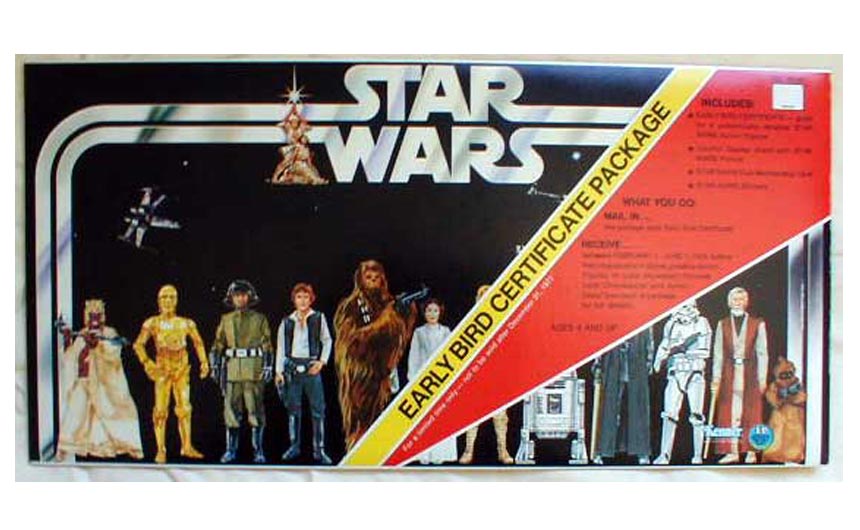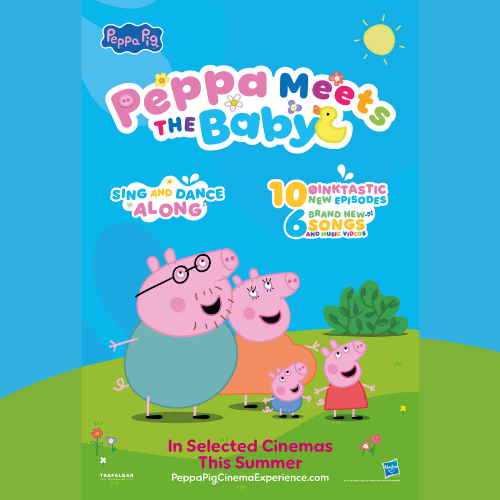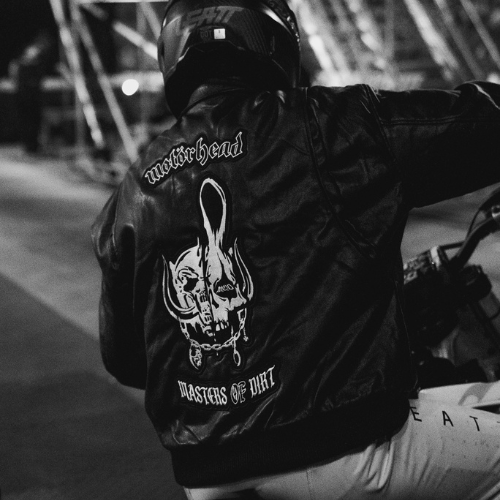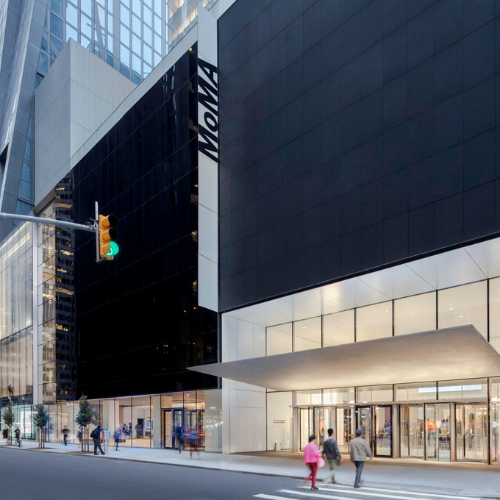PowerStation Studios’ Dave Collins on how the industry can develop a supply strategy to mitigate some of the impact of diminished stock due to COVID-19.
What do you sell when you have no stock?
It’s a good question, right? And one that’s been on my mind a lot recently as COVID-19 continues to batter the economy, shut factories, cancel conferences and force business and government to take unprecedented precautions to safeguard our wellbeing.
For most of us, a supply chain is invisible, at least until it’s disrupted, and that disruption affects us personally. Disruption can be caused by lack of supply – as we’ve seen from the fallout of COVID-19 (have you tried to buy hand sanitiser or loo roll recently?) or a glut of demand when kids are desperate for the next must-have Furby or Nike collab trainers. Being able to forecast and plan for demand and supply is essential. This is nothing new. What is new is the sudden and unpredictable impact of COVID-19 as it upsets pricing, guarantee commitments, marketing plans, launches, allocated shelf space and more.
The hope is that, as we’ve recently seen in the mass-cooing towards Baby Yoda, riotous demand will be the problem to be solved. However, the impact of COVID-19 is giving all sectors pause and the motivation to look at how they can develop a supply strategy that mitigates at least some of the impact of a diminished stock.
So, what can you sell when you have no stock?
I’m reminded of the 1977 Kenner Star Wars Certificates; children waking on Christmas Day 1977 to unwrap an ‘Early Bird Certificate Package’. An empty box should be enough to stop kids believing in Santa, but Kenner’s work around became a prized item. This is a strategy that could be adopted by retailers now and, where possible, parts of the ordered product or an accessory such as bike bell for example could be supplied to show what will follow.
However, this all still depends on something physical eventually arriving so perhaps a look towards the digital would be more beneficial, especially for those suppliers serving a digital-native market.
Virtual assets such as exclusive wallpaper, emojis, stickers or avatars would work as a cool way for customers to show off about the future delivery of a real-world product. Digital could provide a key component in and of itself as businesses look to diversify their offering. If real-life spaces become out of bounds due to self-isolation, then more importance will be placed on virtual spaces whether that be Facebook, WhatsApp, Tik Tok or Misty Meadows. Brands should look to where their audiences are and create assets and events that would be of value to them in those spaces. Maybe brands create digital-only clothing, such as the line launched by Scandi fashion house Carlings or the Tommy Hilfiger collaboration with Fabricant. An event could be a concert or film launch, both of which have already been massive in Fortnite (maybe you saw me in the front row at Marshmello?)
Branded digital assets could even form their own secondary market. Utilising blockchain to create trackable and tradeable items, a collector’s market could flourish. The potential for blockchain assets and items is immense and still largely untapped by brands. Last month saw one virtual vehicle, created for the yet to be released game F1 Delta, sell for $100,000.

If isolation becomes a common reality, then brands that offer a way for families to fill the hours at home will be winners. Assets for 2D or 3D printing such as toys, play scenarios, stories and activity sheets would be welcome as would online tutorials or guides on how to create new play-sets from existing toys or household items (just not loo roll tubes). It’s possibly a bit ‘Blue Peter’ but in a period where usual activities are suspended, absolutely essential.
A lack of new stock also gives brands an opportunity to rejuvenate the stock that they have. More than just dusting off whatever is in the warehouse, brands can enhance existing play-sets. Toys could be re-stickered with sticker sheets sent to homes or soft items could be sent away to be dyed a new colour, maybe even with the toy sending a postcard or email back to its family while it’s away. Assuming that individuals are able to move freely, retailers could make the most of in-store activations to customise clothing, home décor items and toys, perhaps collaborating with local artists or stylists.
So how do you sell with no stock? I’ll think on but I hope I’ve offered a few ideas on how brands can mitigate some of the damage done by a disrupted supply chain. However, as you may have noticed, you can’t wipe your bum on any of them – there are some items that just can’t be replicated digitally.
I really hope the disruption is brief with the impact on individuals minimal and that, having been faced with a circumstance that has truly shaken the paradigm of our businesses, we learn what we can from the experience to more creatively plan for what is an exciting but uncertain future.
Dave Collins is co-founder of PowerStation Studios. He can be contacted on +44 (0) 20 3637 6364 or click here to visit the official website.


































